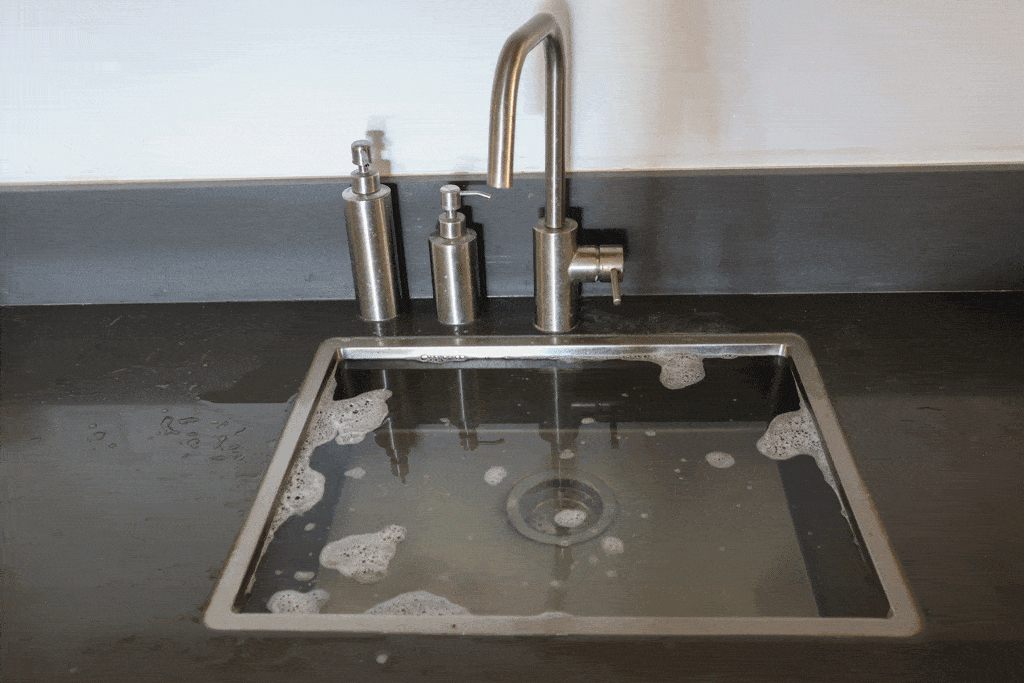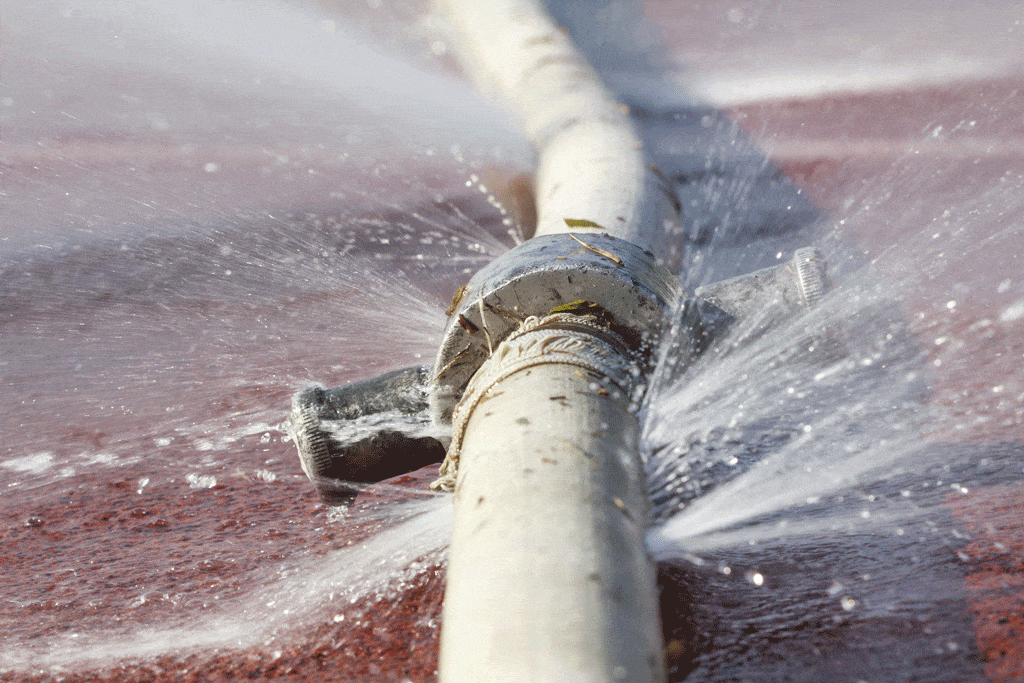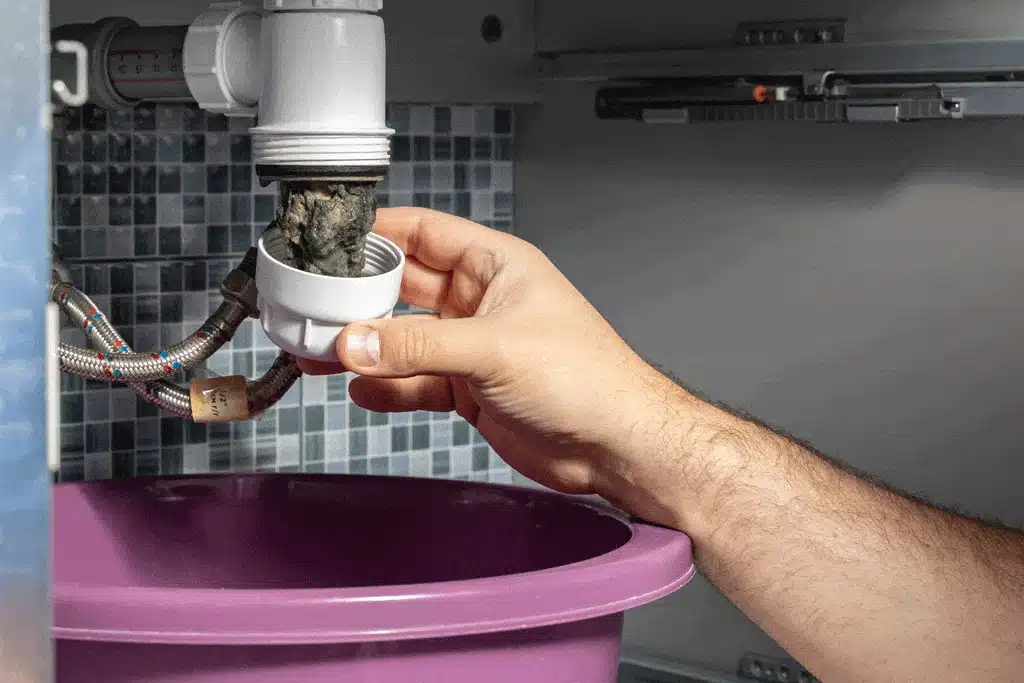Installing wiring outdoors requires special considerations. You must choose the right type of wiring and ensure that it is properly installed to handle the elements and any additional stressors, such as animals and people. With this guide from a professional electrician in Grapevine, TX, you will learn about the qualities of good outdoor wiring, so you can make an informed decision when choosing the right wiring for your home’s exterior needs.
Safety Considerations
Electrical safety should always be a top priority when making decisions about wiring to use outdoors. From holiday light displays to seasonal decorations, proper wiring extends the life of these items but, more importantly, can function as an invaluable safety measure for your family and neighbors. Gauge is one of the safety considerations when choosing wiring for outdoor use. Lighter gauge wires are designed for low-draw appliances and fixtures, while heavier gauge wiring is necessary if you will be controlling many lights or even motors with the system.
In addition, the higher the gauge, the better it will stand up to extreme temperatures and direct sun exposure. Ultimately, you want to consider all potential hazards and select the most appropriate type of wiring based on your project. Therefore, consult an electrician to help you select the right type of wiring for your needs when in doubt.
Types of Wiring
Another factor to consider when choosing outdoor wiring is what type of wire you need – a solid core or stranded? Solid core wire is typically composed of a single strand of copper surrounded by insulation material; this makes it ideal for stationary applications where there won’t be much movement or vibration on the wire itself (like connecting speakers outdoors).
Stranded wire consists of several strands of copper wrapped together inside an insulation material. This makes it flexible enough to move around without breaking easily – perfect for dynamic applications like running motorized equipment outdoors! It’s important to understand the types of wires available before purchasing to get the right one for the job. You should consult a professional electrician in Grapevine, TX to help you understand the various types of wiring and ensure that you get the right type for your project.
Durability
When it comes to outdoor wiring, durability should be a major factor in the selection process. Choosing wiring based on how good or inexpensive it looks may be tempting, but if it cannot withstand the elements such as heat, cold, and moisture, you could face electrical malfunctions later. High-quality wiring with thick insulation will withstand much more moisture and temperature variations than lower-grade materials. You’ll also want to ensure the wiring has UV-resistant jackets since intense sunlight can cause damage over time. Make sure that whatever type of wire you choose is designed specifically for outdoor use and has been tested for durability to ensure safe operation over time and in any weather. To ensure you don’t get this wrong, engage a professional electrician during the selection and installation process.
Color Coding and Identification
It’s also important to make sure that your outdoor wiring is color coded correctly so that any potential hazards can easily be identified at a glance during routine inspections or repairs if necessary. This helps reduce the risk of shock or electrocution by alerting electricians or inspectors if something isn’t right with the system’s setup. Additionally, all wires should be clearly labeled so they can quickly be identified without deciphering complicated codes or symbols. This helps avoid mistakes during installation and maintenance down the line, which could lead to further problems in the future.
Type of Conduit
The conduit is essential to ensure safety and longevity when dealing with outdoor wiring. This is because the conduit can determine if your wiring will remain safe and durable in outdoor environments. When choosing a conduit, you should consider its materials, quality construction, resistance to water, UV protection rating, and size.
Aluminum conduits are often preferred due to their corrosion-resistance qualities, while PVC-coated steel and fiberglass conduits are also popular choices due to their insulation quality and strength. Consult a professional electrician to help you to pick a conduit that meets or exceeds the standards of your local building codes and electrical safety regulations.
Cost Efficiency
Finally, cost efficiency should also play a role in deciding which type of outdoor wiring best suits your needs. Certain materials may be more cost-effective than others depending on where you live – aluminum wire often costs less than copper but isn’t necessarily better suited for every situation. Seek the assistance of an electrician to ensure the option you go with works functionally and financially before making a purchase decision!
Remember to Involve a Professional in the Installation Processes
No matter which type of wire you choose for your project, proper installation techniques must always be followed. When running any cable outdoors, it’s important to bury it at least 24 inches deep to protect it from accidental damage by people or animals walking over it or digging in the area. Additionally, all junction boxes should be securely mounted and sealed against moisture infiltration with caulk or waterproof sealant tape around all connection points.
Finally, all exposed wires must have insulation covering them to protect them from short circuits caused by moisture buildup in wet conditions outside. That is why you should involve a professional electrician in Grapevine, TX during the installation. An electrician will have the skills, knowledge, and tools needed to safely install and inspect the wiring for any issues that may arise in the future.
Call Us for All of Your Electrical Needs!
At Tioga Plumbing & Electric, we offer professional installation services for all types of outdoor wiring. Our team comprises certified electrical technicians with years of experience in the field. We are also up-to-date on the latest safety regulations to ensure your project is completed safely, accurately, and efficiently—all while staying within budget. Contact us today to learn more about how we can help with your electrical needs!
See our previous blog post here!
Photo By P A at Shutterstock
Taking a bite out of Your Plumbing & Electrical needs
Other Electrical & Plumbing Services

Taking a bite out ofYour Plumbing & Electrical needs
We make fixing your home easier than ever. Whether it’s a leaky pipe, faulty wiring, or an urgent repair, our experts deliver fast, reliable solutions you can count on.
















